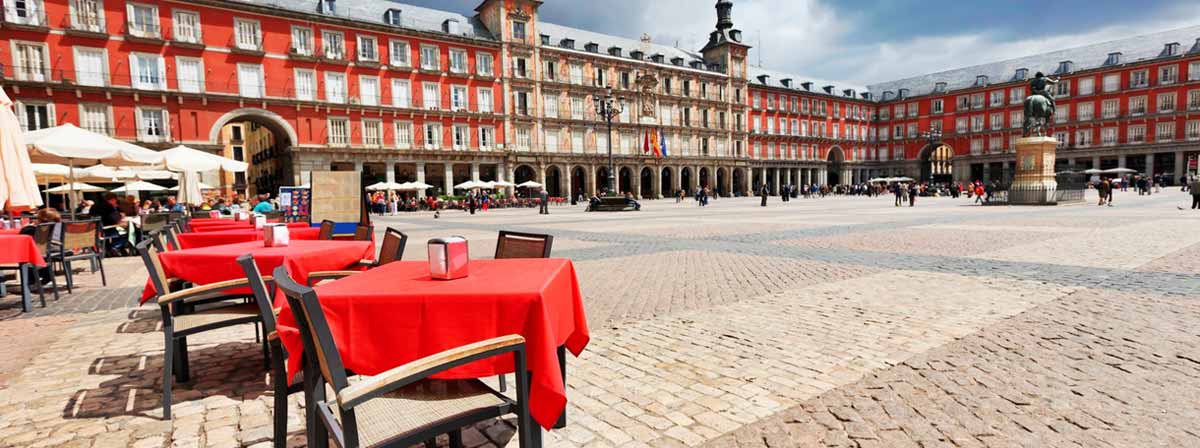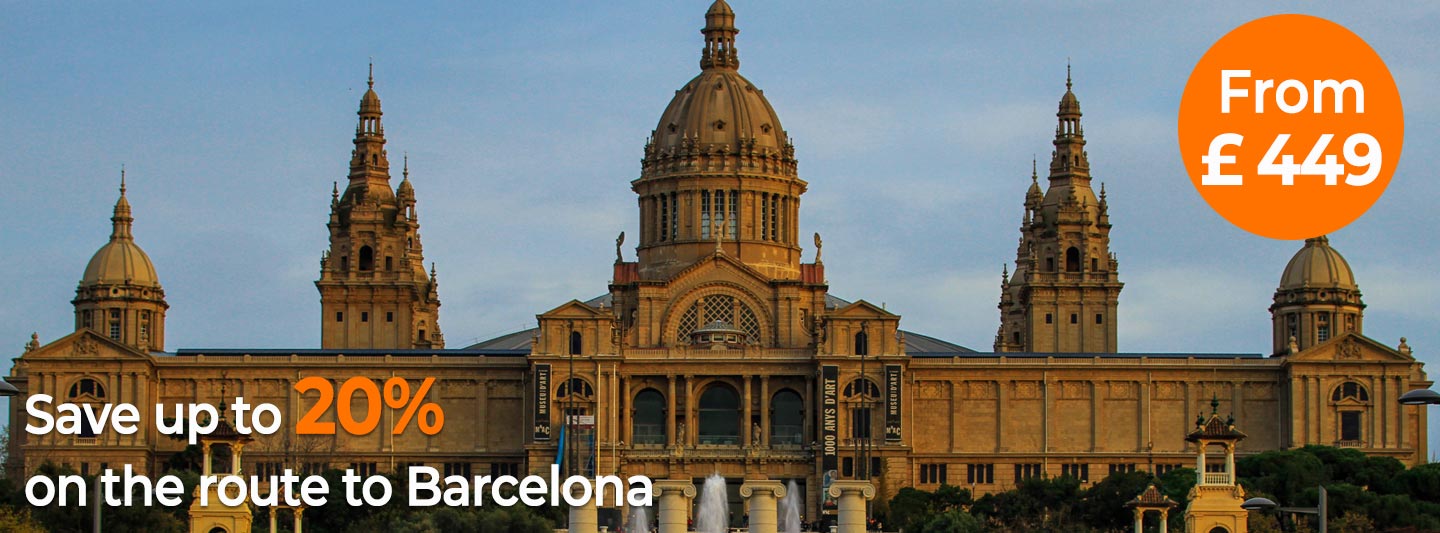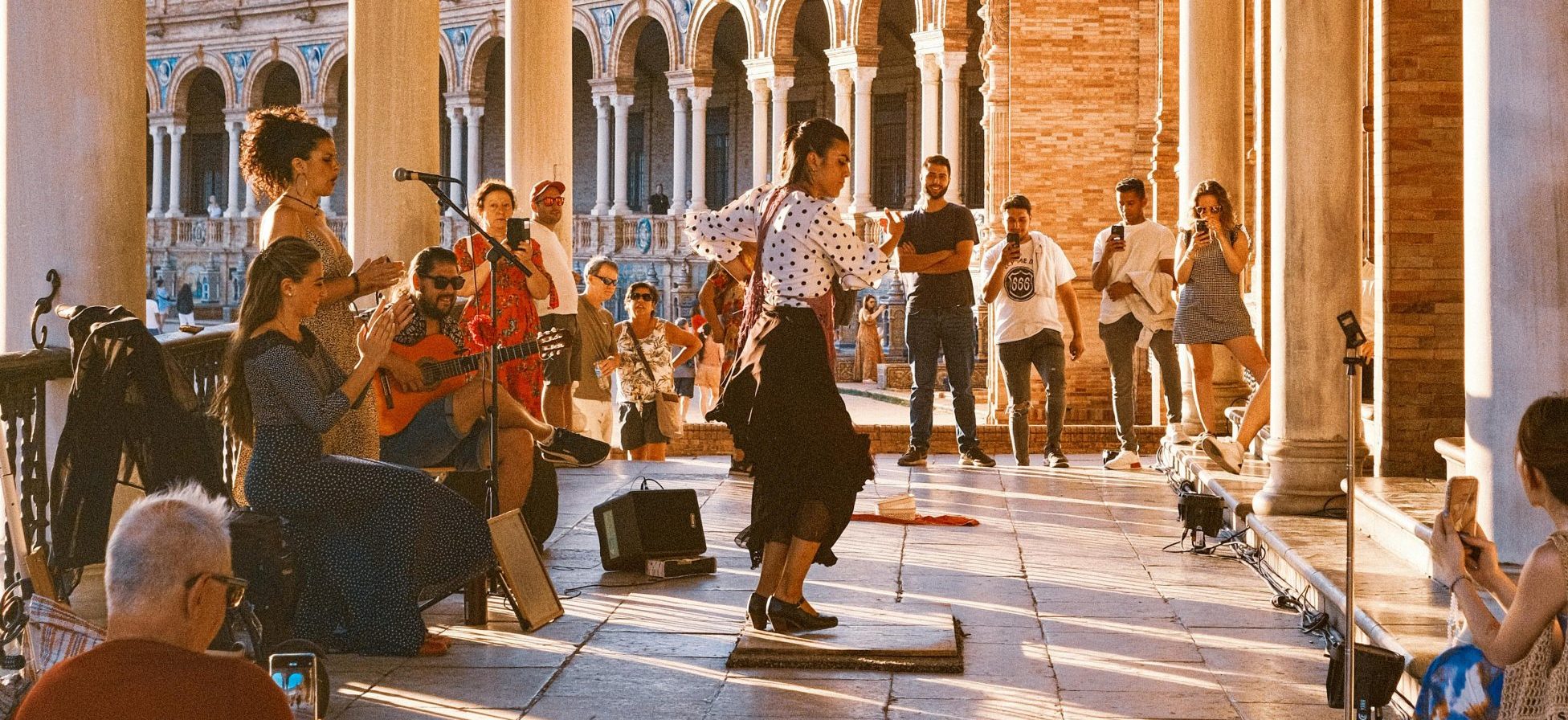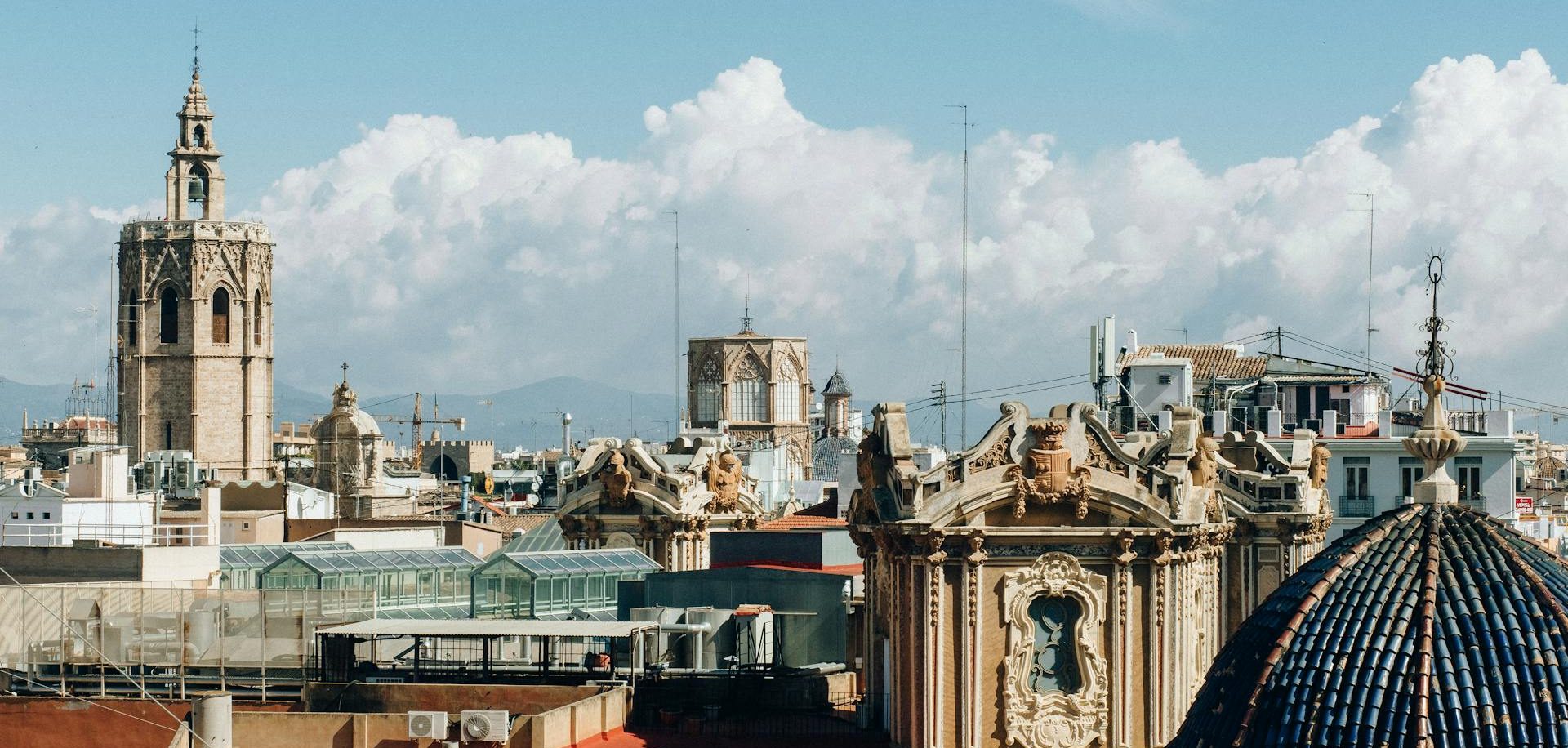
Learning national language may be one of crucial points of diving into the social life in Spain. The only language with official status throughout Spain is Spanish or Castilian. Various other languages have co-official status in specific parts of Spain and there are also a number of other unofficial languages and dialects spoken. Nearly everyone can speak Castilian either as a first (89%) or second language. For around 9% of Spanish people Catalan or Valencian is the first language, Galician is spoken by 5%, and Basque by 1%. All these have publishing and media interest and in the cases of Catalan and Galician, they are the main languages used by the Catalan and Galician regional governments and local administrations.
There are also many dialects around the country — but as almost everyone can speak and understand Castilian they can communicate quite easily with each other.
You may find a certain reluctance on the part of many Spanish people to try out their English, but they are generally very helpful if you attempt some basic Spanish. Even a little Spanish will open up possibilities, especially when you go off the beaten track — and even enable you to haggle a little! You may find younger people more able to converse in English, since many of them have to learn it in school.
The great thing is that if you have children they do seem able to absorb languages easily, and unless your Spanish is very good, they will soon be translating for you.
Family and friends are very important for most of Spanish people. Here they can be informal, with plenty of kisses and hugs. Meal times are late — lunch 13:30-15:30 and dinner not until 21:00-23:00. You will see many children up very late by UK standards. Eating out and eating with friends are rather popular pastimes.

The nightlife is legendary. Bars and nightclubs really do stay open all night, and important economic factors in the country’s economy. There are also many popular festivals, most based on religious traditions, although some of the more barbaric practices are diminishing. You will find a big difference between the nightlife in the cities and tourist areas and the quieter inland parts of Spain. Some of the latter are very beautiful with interesting architecture and fascinating history behind them. It is worth getting off the beaten track to see a different Spain from the one we are more familiar with. Spain has a rich cultural history — including such artists as Velázquez to Picasso and Dali. Spanish Flamenco dancing is world renowned, and several film directors such as Luis Buñuel have received international acclaim.
If you like shopping, the shops are splendid and usually open till late, sometimes very late.
Tourist information centres have a rather generous amount of information on the sites to visit. The local library will provide many details of the culture. Such as: theatre, music, art and of course exhibitions on such topics such as lace making, sculpture and architecture. There are also many other interesting things for you to enjoy. Away from the main tourist centres you will find the Spanish people friendly and helpful. You should have no problem making friends. Although it might seem a little slow to start with, and learning Spanish will be a key factor in how you get on.
Do not be dismayed by the shortness of the list — there are over 20 local holidays for you to enjoy. And you may possibly be interested in other aspects of removals to Spain.
 Why Flamenco Might be the Key to Understanding Spanish Culture
Why Flamenco Might be the Key to Understanding Spanish CultureWhy Flamenco Might be the Key to Understanding Spanish Culture It’s common to find around the internet that…
 What Is DANA in Valencia? A Crucial Explanation for Expats
What Is DANA in Valencia? A Crucial Explanation for ExpatsWhat Is DANA in Valencia? A Crucial Explanation for Expats DANA, or Depresión Aislada en Niveles Altos, is…
 What to Do If Your Furniture Is Damaged in the Moving Process?
What to Do If Your Furniture Is Damaged in the Moving Process?Damaged Furniture in the Moving Process: What to Do? Unfortunately, damage during the moving process is a common…
 Living in Málaga as an Expat
Living in Málaga as an ExpatLiving in Málaga as an Expat If you're thinking of moving to Spain, Málaga should be on your…